How can I get out of the 'impostor syndrome' where I can't recognize my achievements and feel 'not praiseworthy'?

by
Scientist Jocelyn Bell Burnell, who was deprived of the Nobel Prize by his boss, is said to have had 'impostor syndrome ' at the time, when he could not affirm his achievements and felt himself a fraudster. People who are said to be great people such as Albert Einstein had impostor syndrome, but many of us, not just great people, are secretly suffering from impostor syndrome. TED-Ed explains in a movie how to get rid of impostor syndrome.
What is imposter syndrome and how can you combat it? --Elizabeth Cox --YouTube
Maya Angelou, who was active as a poet, singer, actress, and activist, wrote 11 books and even won the Presidential Medal of Freedom , but still felt that she had not achieved anything.

Albert Einstein also considered himself an 'unintentional scammer' and thought his research was not worth the attention.
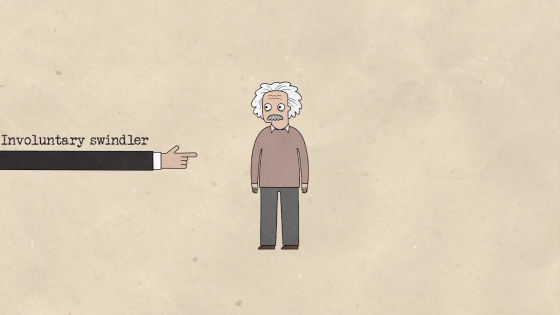
Many people have this feeling of 'feeling like a scammer.' Why do people feel that they haven't achieved anything, or that their ideas and techniques are not noteworthy?
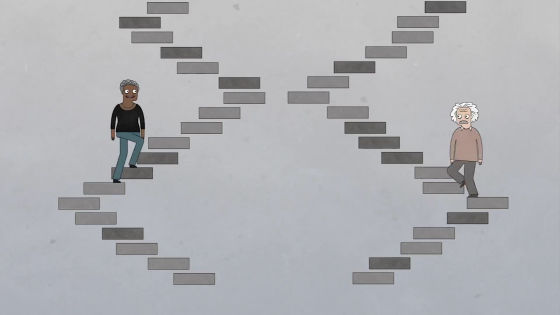
Psychologist
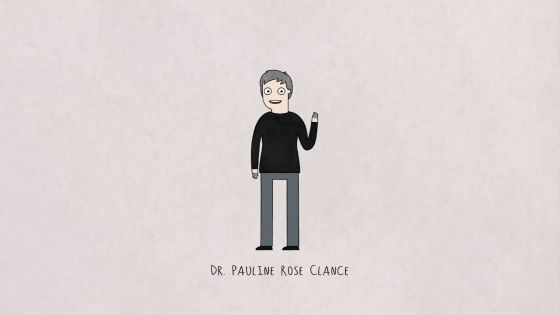
As a therapist, Clans found that many students had good grades but considered themselves 'not worth it' at college.
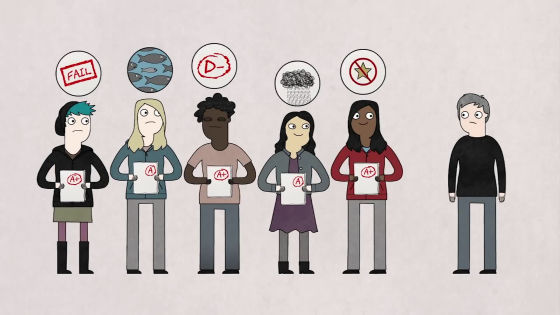
Some students thought that it was a 'system error' that they were admitted.
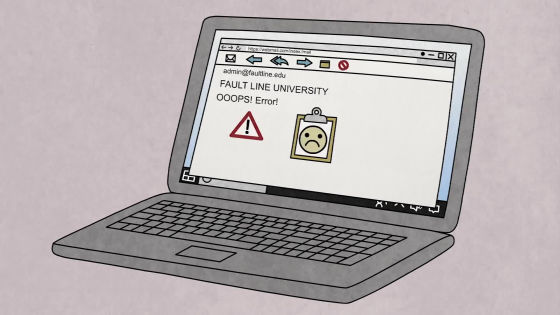
Although these feelings have not been studied academically, Clans recalled that he had a similar experience when he was a student.
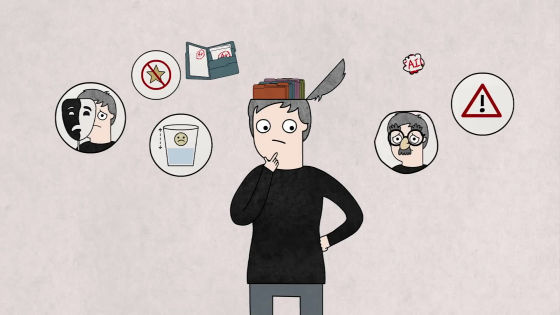
Therefore, Mr.
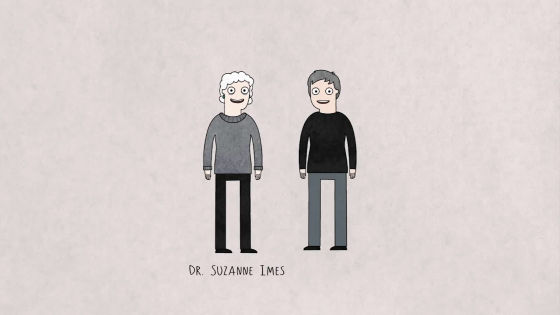
As a result of research, it was found that the phenomenon of 'feeling like a scammer' is widespread among female students.
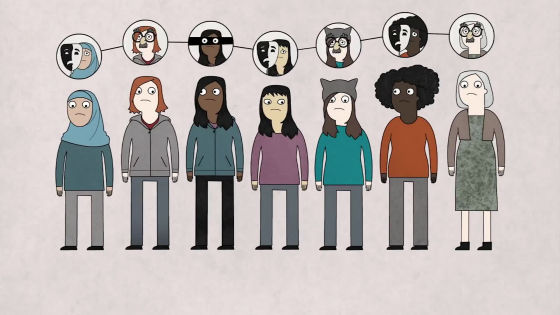
Subsequent research has revealed that 'impostor syndrome,' which makes you feel like a scammer, exists in many places, regardless of gender, race, age, or occupation.
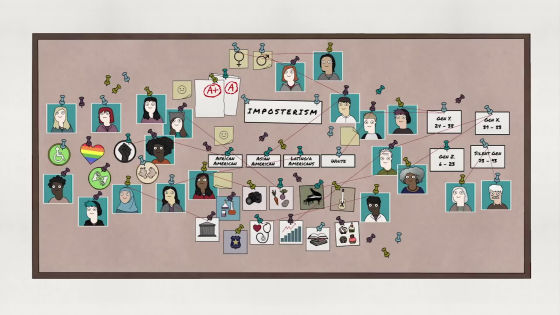
It has also been found that groups that are particularly prone to underestimation are susceptible to impostor syndrome.
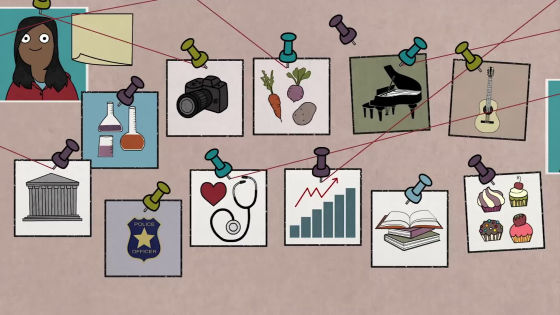
Impostor syndrome is not a disease or anomaly ...

It is not always associated with depression, anxiety, or low self-esteem.

People who have high skills or who have achieved something tend to think that people other than themselves have the same high skills. This creates a spiral of emotions that 'I don't deserve praise.'

In other words, Angelou and Einstein have no threshold for achievement or success.

And such a phenomenon occurs not only in people with high skills and abilities, but also in everyone.

'Many ignorances' in psychology means that even if you think something is wrong or you are wondering, you think that your thoughts are wrong because others do not speak out. increase.
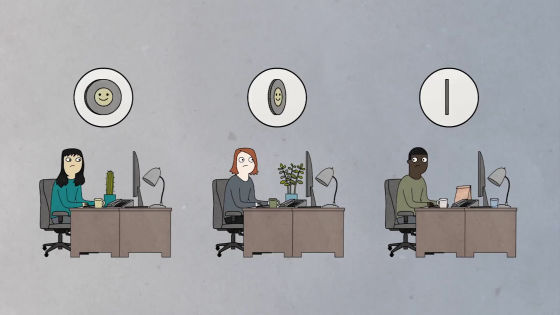
It is difficult to abandon the idea that 'I am incapable' without knowing how hard my colleagues are working and how difficult my task is.
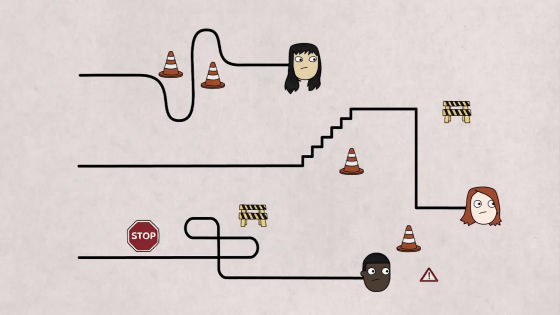
Impostor syndrome prevents people from sharing their thoughts or signing up for jobs or programs.

The best way to prevent impostor syndrome is to have a conversation. Many people suffer from impostor syndrome and are afraid to ask about their own performance. Even with positive feedback ...

You can't alleviate that person's 'thinking you're a scammer.'

However, the story that my teacher, advisor, or colleague was experiencing impostor syndrome ...
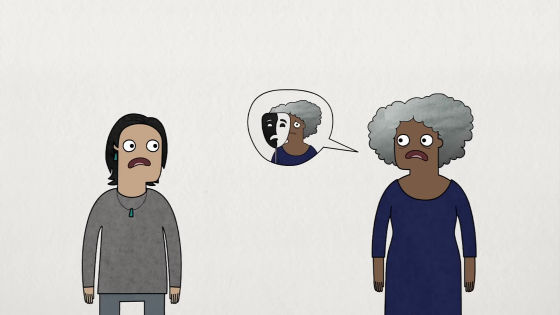
It should help people.

Also, just knowing that your emotions have the name 'impostor syndrome' may help. If you know the phenomenon of impostor syndrome, you can collect positive feedback and review it.

One scientist continued to blame himself for the problems he had in the lab.
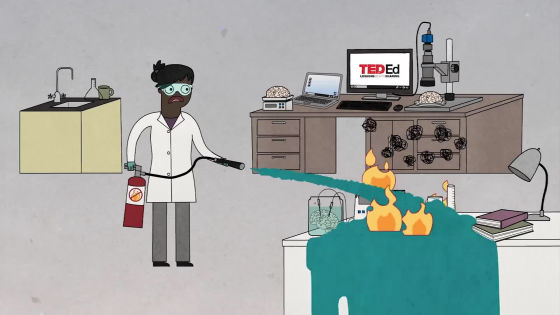
So, every time a problem occurred, scientists began to record the cause. As a result, we have determined that many of the causes are problems with the equipment used. And I was able to recognize my own abilities.
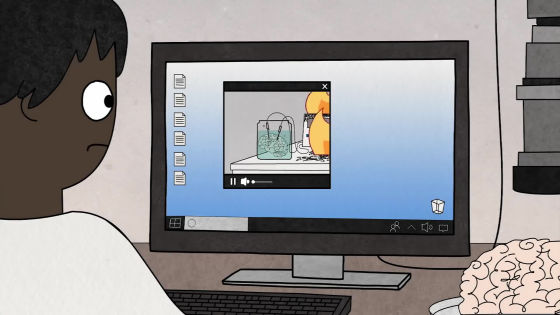
You may not be able to completely eliminate the feeling that you feel like a scammer. However, it is possible to have conversations with each other on academic or professional issues.
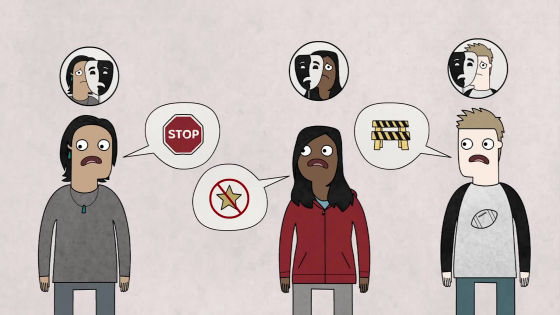
As people become more aware that impostor syndrome is a common experience and we have more freedom to discuss our emotions, we will be more confident that we are talented. There is a possibility.
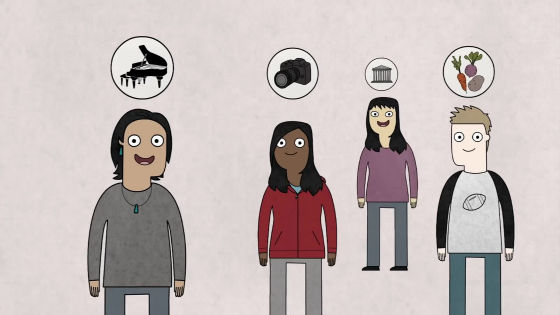
Related Posts:
in Video, Posted by darkhorse_log







